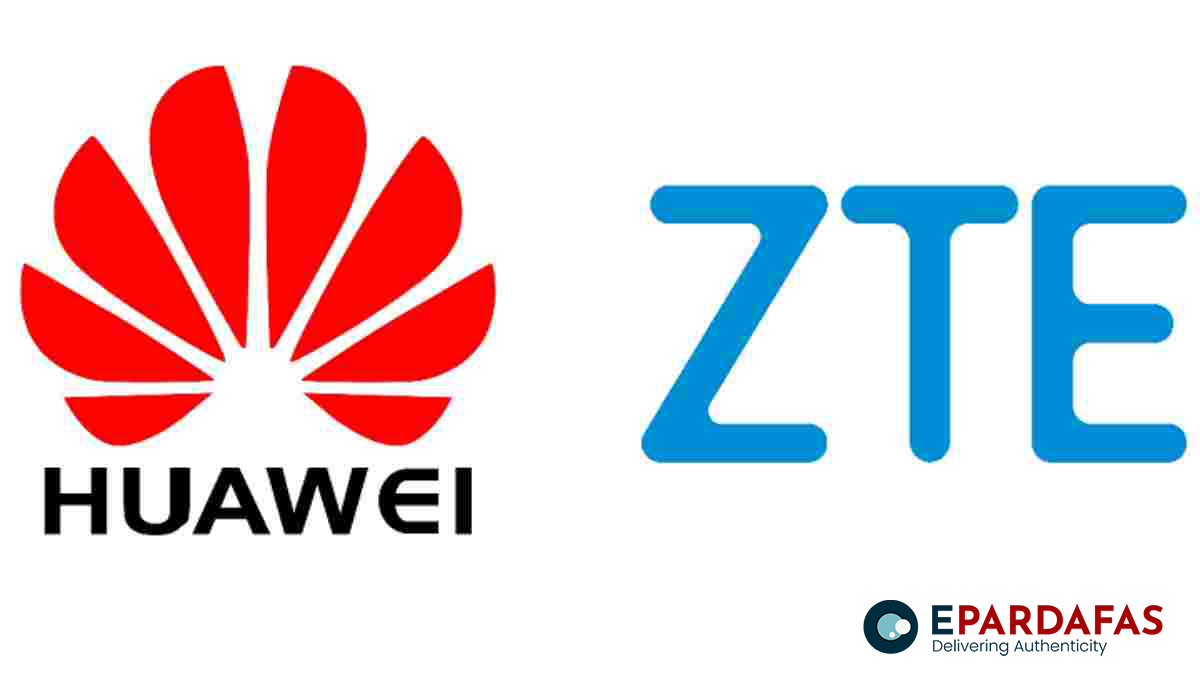
Germany to Remove Two Chinese Firms from 5G Networks, Citing Security Risks

A top security official in Germany announced on Thursday that the country will start removing key components made by Chinese telecom firms Huawei and ZTE from its 5G core networks starting in 2026. Interior Minister Nancy Faeser stated that Germany aims to have these components removed by the end of 2026, after which Huawei and ZTE components will be banned.
By the end of 2029, critical management systems from these manufacturers in 5G access and transport networks must also be replaced. The Interior Ministry noted that this decision follows recent discussions with Deutsche Telekom, Vodafone, and Telefonica, the operators of Germany’s 5G networks. Agreements with all three companies are set to be signed soon.
Today’s risks emphasize the need for resilient telecommunications infrastructure, particularly in light of potential sabotage and espionage threats, according to Faeser. The action will allow network operators time to replace essential components. “We are protecting the central nervous systems of Germany as a business location and safeguarding the communication of citizens, companies, and the state,” Faeser added.
Despite China and Germany being the second- and third-largest economies globally with strong economic ties, Berlin has been looking to reduce its economic dependence on China. This shift has been particularly significant since Russia’s invasion of Ukraine, which exposed Germany’s vulnerabilities and dependence on Russian energy.
In recent years, the United States has urged European allies, including Britain and Sweden, to impose bans or limitations on Huawei equipment in their telecommunications networks, citing fears that Beijing could use it for cyber espionage or disrupt critical communication systems — allegations that Huawei has consistently denied.
On Wednesday, NATO allies, including Germany, labeled China a “decisive enabler” of Russia’s war and expressed concerns over Beijing’s nuclear arsenal and space capabilities. In response, Beijing accused NATO of prioritizing its security interests at the expense of others and warned against bringing instability to Asia.
- Kaski Court Grants Bail to Rabi Lamichhane in Embezzlement Case
- Upper Mustang Sees Over 4,000 Foreign Tourists in 2024, Marking a 14% Rise
- Hollywood Wildfires Ravage Los Angeles, Claiming Lives and Thousands of Homes
- Nepal Deports 147 Chinese Nationals in 2024 Amid Rising Concerns Over Crimes and Overstays












Comments